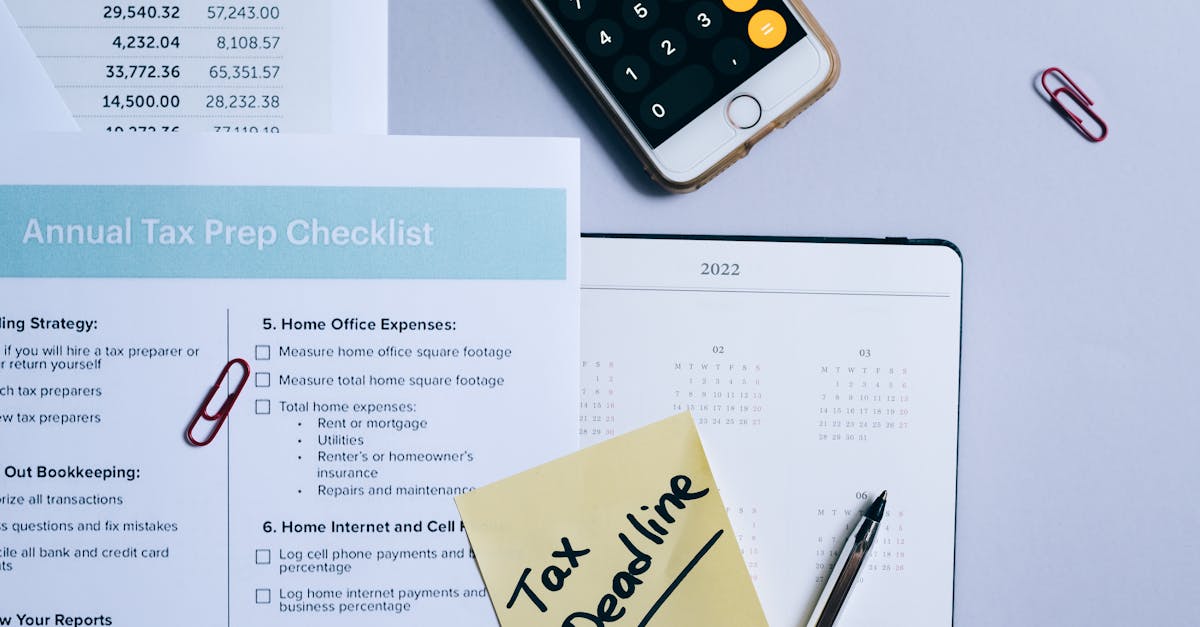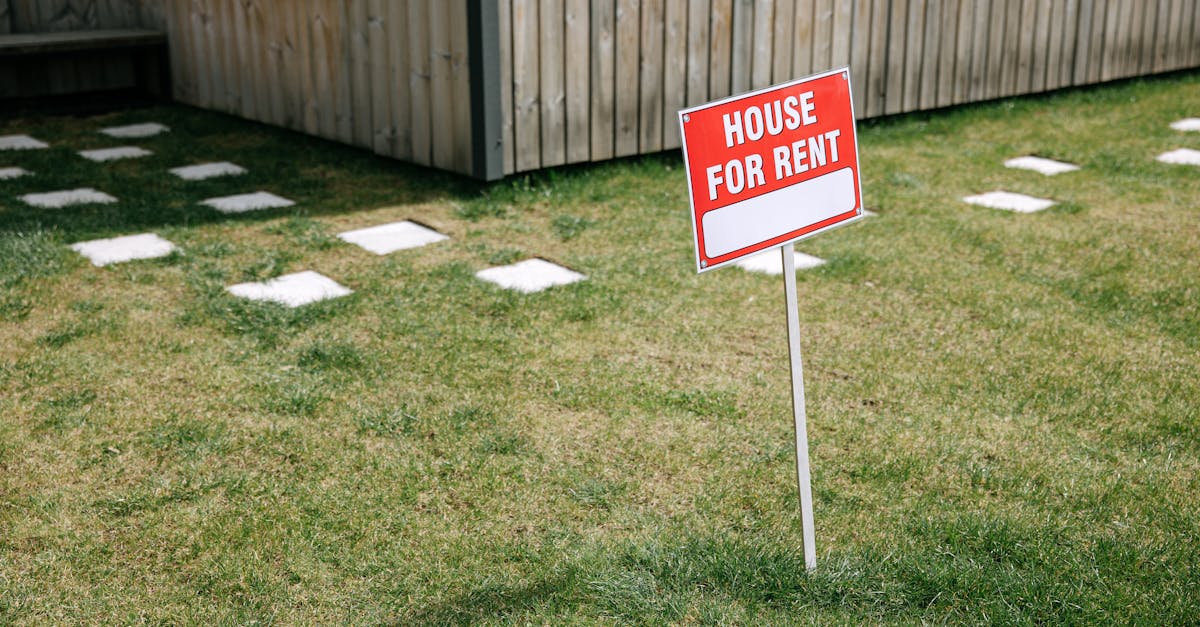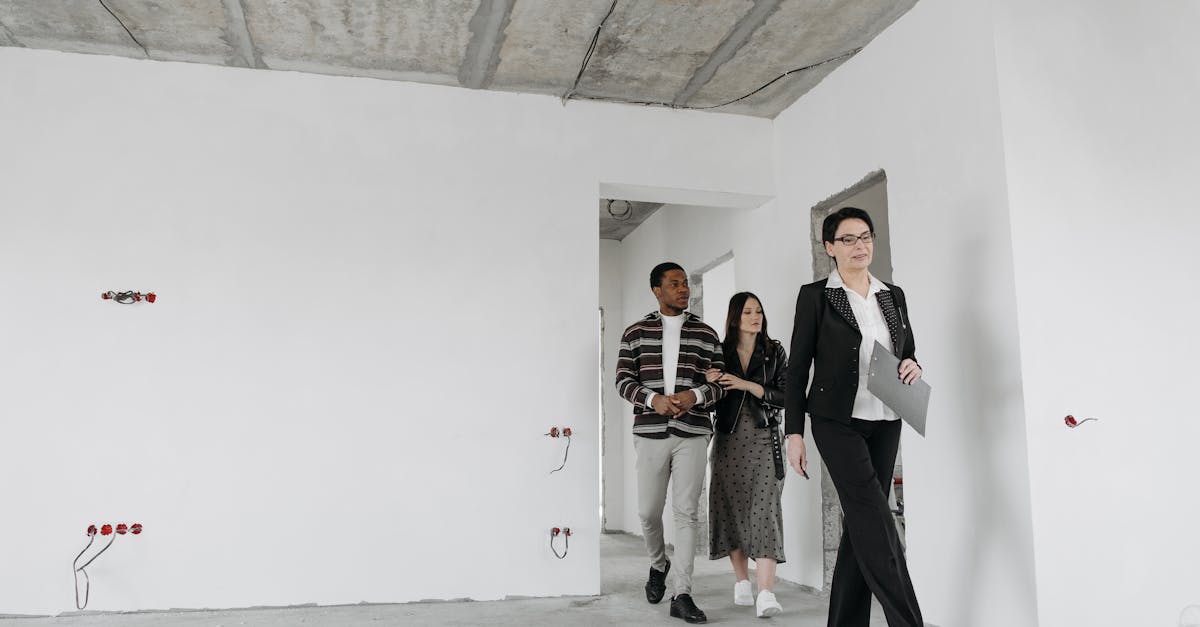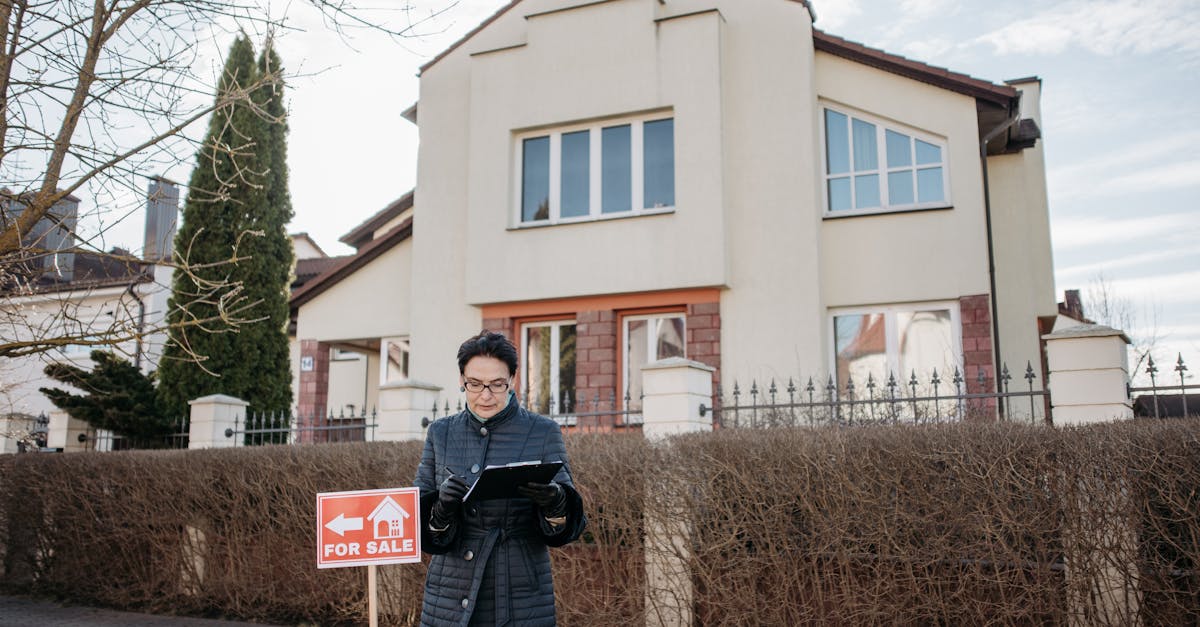Mistakes to Avoid When Buying Your First Property
Introduction
Buying your first property is an exciting milestone, representing a big step towards financial stability and personal independence. However, the process can be daunting, fraught with potential pitfalls if not approached carefully. As a first-time buyer, it's crucial to be well-informed and prepared. Mistakes can be costly both financially and emotionally, potentially making your dream home a burden. This article explores common mistakes first-time buyers make and how to avoid them. Whether you're considering a cozy apartment or a family home, awareness of these errors can make all the difference in a successful purchase.
Advertisement
Neglecting Financial Preparation
One of the most critical steps in buying a property is understanding your financial status. Many first-time buyers rush into the process without a clear picture of their budget, leading to overwhelming financial pressure. It's vital to assess your credit score, savings, and monthly income to determine your borrowing capacity. Additionally, don't overlook additional costs like property taxes, insurance, and maintenance, which can significantly impact your affordability. Consulting with a financial advisor or using online budgeting tools can offer valuable insights into your financial readiness.
Advertisement
Overlooking Additional Costs
First-time buyers often focus solely on the property's purchase price, neglecting the numerous additional costs involved in home buying. These can include closing costs, which cover attorney fees, appraisals, and inspections. Additionally, moving expenses and potential renovations should be budgeted for. Without accounting for these extra expenses, buyers risk overextending themselves financially. It's essential to add a financial buffer to your budget to cover unexpected costs that might arise during or after the purchasing process.
Advertisement
Insufficient Research on Locations
Location is a key factor in property investment, yet many first-time buyers make quick decisions without thorough research. Evaluating the neighborhood's amenities, future development plans, and overall appeal is crucial. Consider the property's proximity to essential services like schools, public transport, and healthcare. Safety and community vibe also play significant roles in determining a property's suitability. Meeting with locals and visiting the area at different times can provide a realistic picture of what to expect.
Advertisement
Skipping Professional Inspections
Relying solely on superficial appearances can lead to costly mistakes when buying property. A common error is skipping professional inspections to save money or time. Certified inspectors can uncover issues like structural damage, plumbing problems, or pest infestations, which might not be visible at first glance. These insights are invaluable for negotiating repairs with the seller or even walking away from a bad deal. Spending money on inspections now can save thousands in unexpected repairs later.
Advertisement
Ignoring Market Trends
Real estate markets are constantly evolving, and first-time buyers must be savvy about current trends. Ignorance of market conditions can lead to overpaying or buying at the wrong time. Researching if it's a buyer's or seller's market is essential. Understanding pricing trends and interest rates helps make informed decisions. Additionally, attending seminars or consulting real estate agents can provide clarity on when and where to buy. Staying informed allows potential buyers to capitalize on favorable conditions.
Advertisement
Being Led by Emotions
While buying your first home is a deeply personal journey, letting emotions take the front seat can lead to mistakes. Infatuation with a property's aesthetic or sentimental attachment can cloud judgment, resulting in overlooking practical details. It's important to create a balance between emotional desire and rational decision-making. Objective criteria such as size, condition, and location should guide decisions. Consulting with friends or family can offer an external perspective often missed when emotions run high.
Advertisement
Choosing the Wrong Mortgage
Taking on a mortgage is one of the biggest financial commitments a buyer will face, yet many make the error of choosing the wrong type. Understanding the different mortgage options—fixed-rate, adjustable, interest-only—is essential. Each has pros and cons depending on the buyer's financial situation and how long they plan to stay in the property. Consulting with multiple lenders helps compare rates and terms. It's crucial to understand the financial implications of each choice to avoid future debt stress.
Advertisement
Ignoring Resale Value
First-time buyers might be so focused on finding a home that suits their current needs that they neglect its future resale value. Homes in less desirable locations or with unconventional features might be hard to sell later on. Considering factors like local economic growth, property trends, and desirable areas can safeguard against diminished resale potential. It’s a strategic move to assess potential growth areas that may increase in value over time, ensuring both personal and investment satisfaction.
Advertisement
Conclusion
Buying your first property is a major life event, marked by a mix of excitement and apprehension. Avoiding common mistakes through due diligence, research, and professional consultation can lead to a successful and satisfying purchase. Financial preparation and understanding market trends are critical components in making informed decisions. Remember, while emotions are part of the process, they should complement, not overshadow, rational planning. By steering clear of these pitfalls, you lay a strong foundation for a rewarding property ownership experience that aligns with both personal and financial goals.
Advertisement


